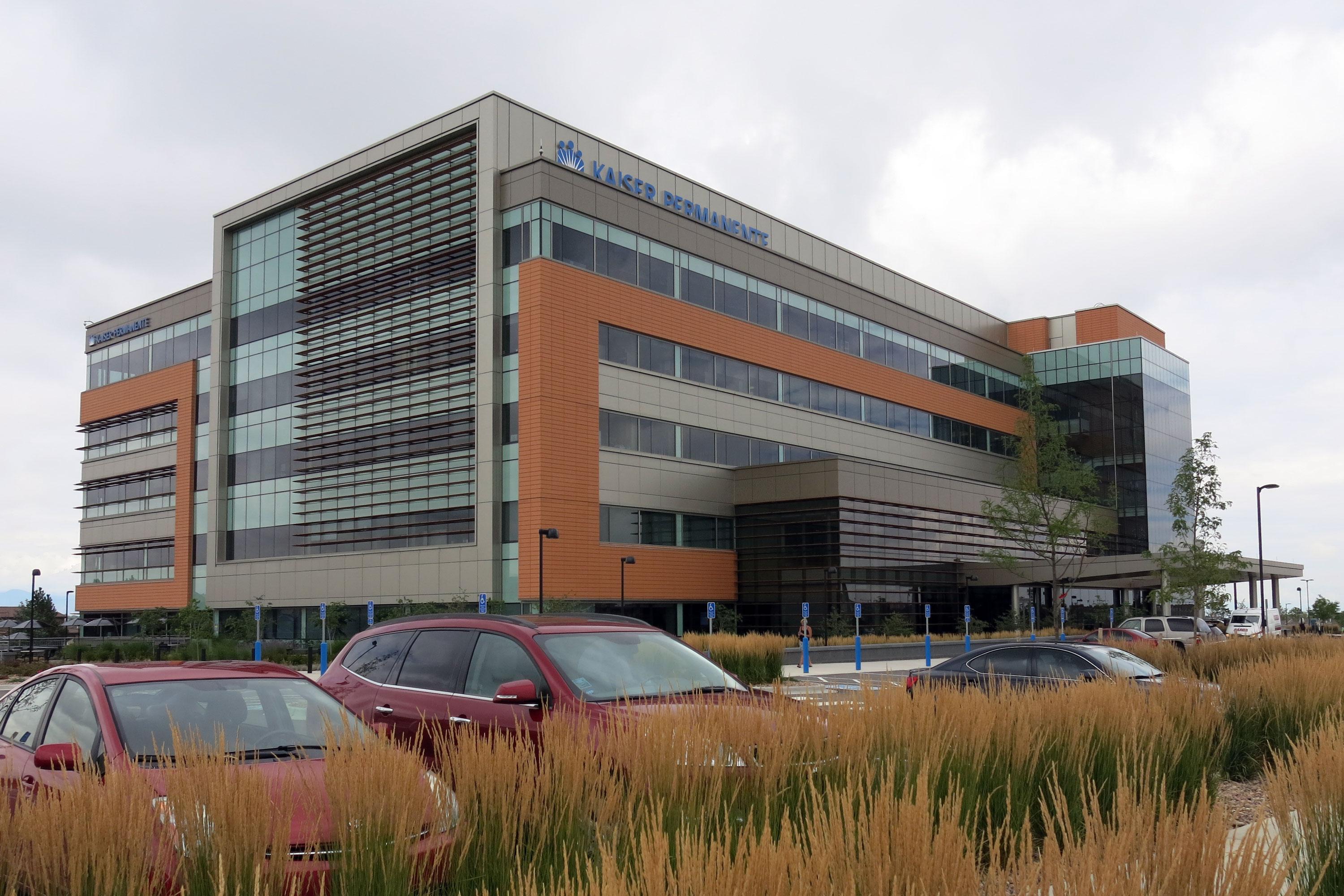
Kaiser Permanente in Colorado is now offering expanded abortion services to its patients in response to long wait times at abortion clinics.
In a statement, the healthcare provider said that in the past, patients were referred to external partners, including Planned Parenthood of the Rocky Mountains, for care. But when neighboring states passed restrictive abortion laws after Roe v. Wade was overturned, the wait times at those clinics have become longer, limiting options and creating complications for patients.
“We understand this is a complicated, sensitive, and divisive topic. We also believe that expanding services to ensure that all members have access to safe, timely, and appropriate care is consistent with our commitment to the overall health of our members,” reads the statement from Kaiser Permanente. “We acknowledge and respect the differing and deeply held personal beliefs on all sides of this issue.”
In Colorado, Kaiser Permanente has about 520,000 members.
At Planned Parenthood of the Rocky Mountains clinics, the wait time for a first-trimester abortion appointment increased to 22 days from 13 days before Texas banned abortions after six weeks of gestation last year.
“This is the choice that the woman makes and we are there for them and support them and we take care of them,” said an employee of Kaiser Permanente in the Denver area. CPR is not using the employee’s name to protect their identity.
Abortion providers across the state have seen an influx of patients from out of state. Across the Rocky Mountain region, out-of-state patients make up about 39 percent of the patients Planned Parenthood sees for abortion care, according to data provided by the organization. Patients to Colorado are traveling primarily from Texas, Oklahoma and Arizona.
Other healthcare systems, such as UCHealth, have seen an increase in patients seeking abortion care and have worked to accommodate the influx. But other organizations, such as HealthOne, Centura Health and all but one of SCL Health’s facilities, now part of Intermountain Healthcare, do not offer abortion services.
In a statement, HealthOne said medically necessary surgical abortions are occasionally performed, but “these events are rare and involve a joint decision between the providers and the families.” HealthOne patients are guided to community resources when they request abortion care.
The Colorado legislature passed the Reproductive Health Equity Act earlier this year, which protects the right to an abortion with no gestational limits, but patients seeking abortion care still have limited options and are facing long wait times.
Except for Platte Valley Medical Center, Intermountain Healthcare’s facilities are Catholic-affiliated, which means they are guided by the Ethical and Religious Directives for Catholic Healthcare Services, or ERDs, which prohibit abortions.
“The ERDs outline a commitment to respecting every human life from the moment of conception until natural death,” according to a statement from Intermountain Healthcare. “The decisions in these clinics and hospitals concerning which healthcare services their practices and facilities can and cannot provide are directly informed by their commitment to human life as outlined by the ERDs.”
Kaiser Permanente patients will now have more options for seeking abortion care.
“Kaiser Permanente is committed to providing comprehensive reproductive health care that respects and supports all of our members’ rights to make, and act on, fully informed decisions about their fertility, family, and future,” said the Kaiser Permanente statement. “In short, we respect an individual’s right to make decisions about their own health.”









